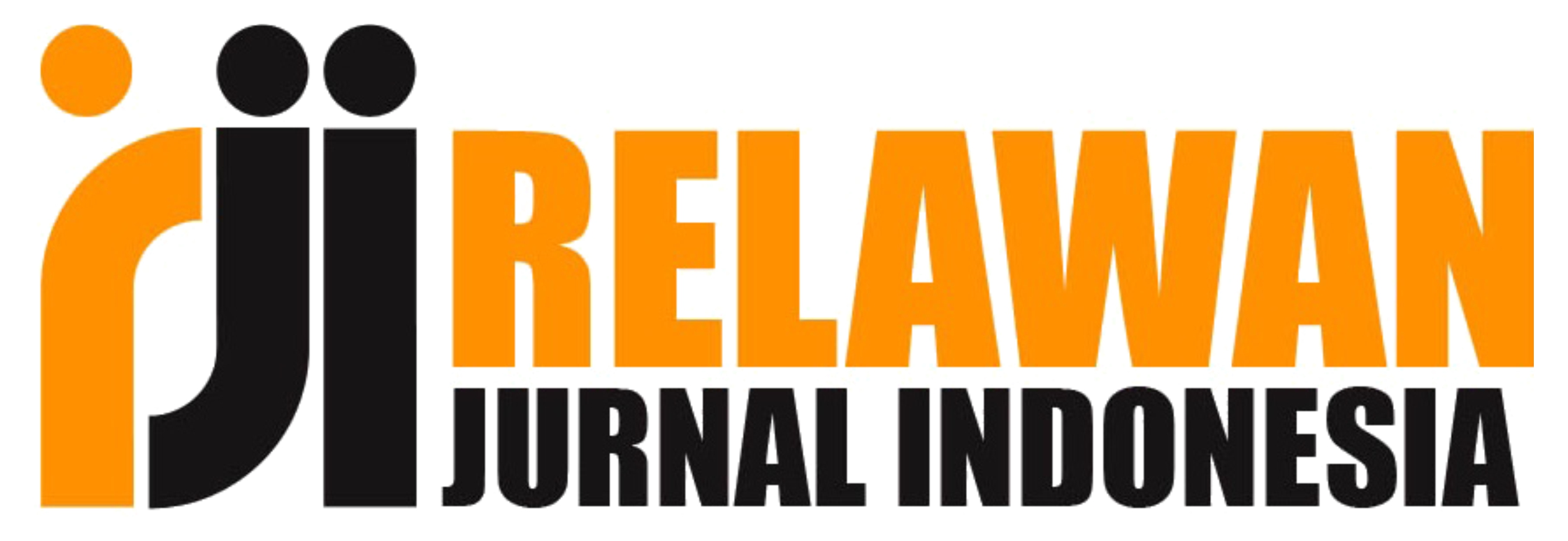Inovasi Pendidikan dengan Menggunakan Model Deep Learning di Indonesia
DOI:
https://doi.org/10.61476/186hvh28Keywords:
Deep Learning, Primary Education, Secondary EducationAbstract
The deep learning model, as proposed by Abdul Mu`ti, emphasizes a mindful, meaningful, and enjoyable learning experience, allowing students not only to memorize but to deeply understand and internalize the material. This study aims to examine the implementation of the deep learning model in the context of primary and secondary education in Indonesia through a literature review method. Based on the analysis of various recent sources, it was found that this model contributes positively to enhancing critical thinking skills, active participation, and student engagement in the learning process. However, several challenges in its implementation were also identified, including limitations in infrastructure, teacher readiness, and the constraints of the traditional curriculum that hinder flexibility. This article offers recommendations to support more effective deep learning implementation, particularly by strengthening teacher training and providing adequate facilities. With the right support, this model holds great potential to optimize the quality of education in Indonesia, preparing a highly competitive generation.
References
Akbar, A. (2019). Tantangan Dan Solusi Dalam Perkembangan Teknologi Pendidikan Di Indonesia.
Biggs, J. B., Tang, C. S., & Kennedy, G. (2022). Teaching for quality learning at university (Fifth edition). Open University Press, McGraw Hill.
Firdaus, K., & Ritonga, M. (2024). Peran Teknologi Dalam Mengatasi Krisis Pendidikan di Daerah Terpencil. Jurnal Kepemimpinan dan Pengurusan Sekolah, 9(1), 43–57. https://doi.org/10.34125/jkps.v9i1.303
GEM Report UNESCO. (2023). Global Education Monitoring Report 2023: Technology in education: A tool on whose terms? (1 ed.). GEM Report UNESCO. https://doi.org/10.54676/UZQV8501
Hamda, N., Nurhasanah, E., & Tasia, F. E. (2021). Peran Guru Dalam Pelaksanaan Pembelajaran Inovatif. 1(2).
Hart, R., Ivtzan, I., & Hart, D. (2013). Mind the Gap in Mindfulness Research: A Comparative Account of the Leading Schools of Thought. Review of General Psychology, 17(4), 453–466. https://doi.org/10.1037/a0035212
Hattie, J. (2008). Visible Learning (0 ed.). Routledge. https://doi.org/10.4324/9780203887332
Kompas, S. A.-. (2024, November 12). ”Deep Learning” Bukan Pengganti Kurikulum Merdeka, Lalu Apa? Kompas.id. https://www.kompas.id/artikel/deep-learning-bukan-pengganti-kurikulum-merdeka-lalu-apa
Ragoonaden, K. (Ed.). (2015). Mindful teaching and learning: Developing a pedagogy of well-being. Lexington Books.
Ruhalahti, S. (2019). Redesigning a Pedagogical Model for Scaffolding Dialogical, Digital and Deep Learning in Vocational Teacher Education.
Sari, H. P. (2023). Pengembangan Kurikulum Merdeka Belajar di Sekolah Dasar menurut Aliran filsafat Progresivisme. 6(2).
Sugden, N., Brunton, R., MacDonald, J., Yeo, M., & Hicks, B. (2021). Evaluating student engagement and deep learning in interactive online psychology learning activities. Australasian Journal of Educational Technology, 37(2), 45–65. https://doi.org/10.14742/ajet.6632
Taofik, I., & Basit, A. (2022). Konsep Pendidikan Multikultural Di Lembaga Pendidikan Muhammadiyah (Studi Pemikran Prof. Dr. Abdul Mu’ti, M.Ed.). Misykat al-Anwar Jurnal Kajian Islam dan Masyarakat, 5(1), 53. https://doi.org/10.24853/ma.5.1.53-78
Ulul Albab, Fina Mawadah, Ferdian Nawawi, Alif Tito, & Ahmad Ta’rifin. (2023). Analisis Implementasi Kurikulum Merdeka Dalam Proses Pembelajaran Di MTS Ribattulmuta’Alimin: Peluang Dan Tantangan. El-FAKHRU, 3(1), 1–19. https://doi.org/10.46870/elfakhru.v3i1.773
Widyawati, E. R. (2023). Pemanfaatan Media Pembelajaran Berbasis Teknologi sebagai Alat Pembelajaran Kekinian bagi Guru Profesional IPS dalam Penerapan Pendidikan Karakter Menyongsong Era Society 5.0.
Published
Issue
Section
License
Copyright (c) 2024 Suwandi, Riska Putri, Sulastri (Author)

This work is licensed under a Creative Commons Attribution-ShareAlike 4.0 International License.












